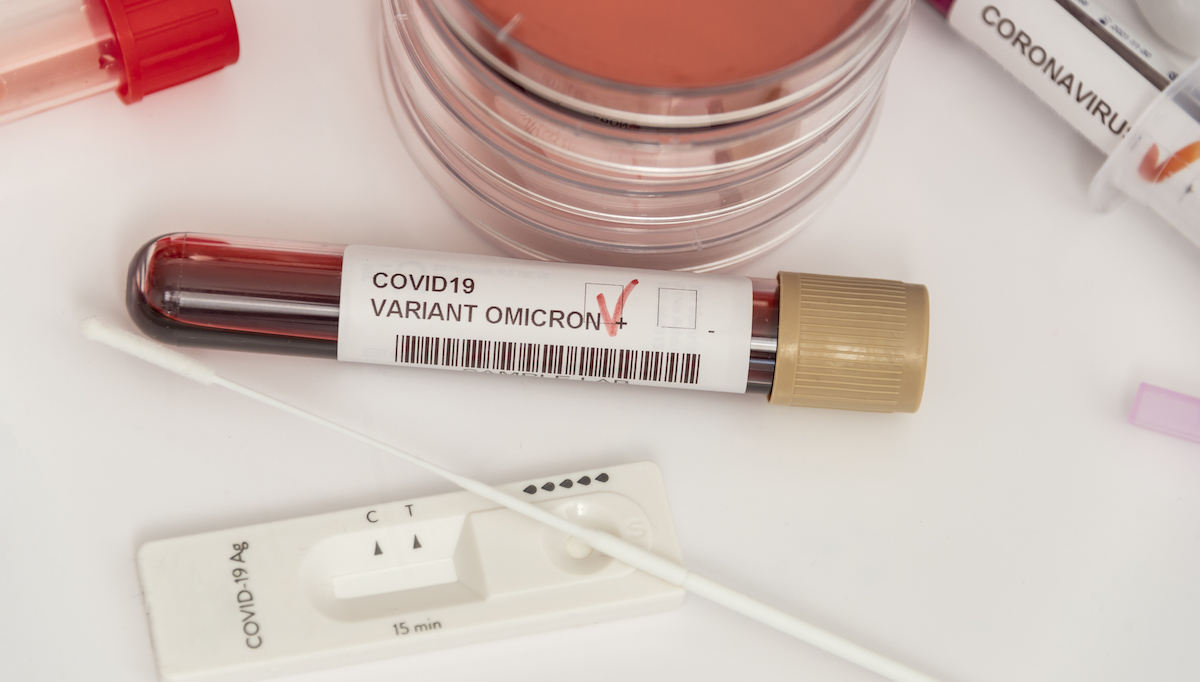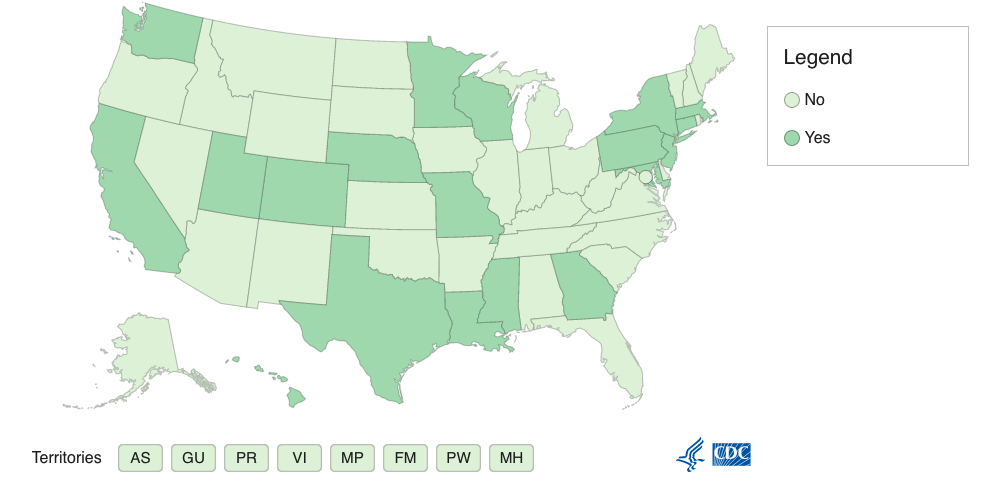<< Back
6 Things to Know About Omicron and The Holidays

December 06, 2021
Will Omicron, the highly mutated COVID-19 variant detected in Connecticut and at least 18 other states, alter upcoming holiday celebrations?
Despite concerns that Omicron could be even more transmissible than the now-dominant Delta variant, a combination of mild symptoms in the first reported cases and early signs that current vaccines offer some protection give hope of a best-case outcome against this new health threat.
“I’m not fearful of it just yet,” says Dr. Ulysses Wu, Hartford HealthCare’s System Director of Infection Disease and Chief Epidemiologist. “Not that I’ve been fearful of any of them. . . . There have been a lot of Greek letters between Omicron and Delta that have not panned out to be more dangerous at this point.”
For now, here’s the best advice with the holidays less than three weeks away:
What Does Omicron Mean For The Upcoming Holidays?
For now, don’t worry about reverting your holidays to circa-2020 COVID precautions.
“If you have a vaccinated situation, enjoy the holidays with your family in a family setting,” says Dr. Anthony Fauci, Director of the National Institute of Allergy and Infectious Diseases and the White House medical advisor.
What About Travel During the Holiday Season?
Don’t cancel, but rethink the risk-vs-reward equation. The United States this week begins new travel restrictions that requires anyone entering the country to show a COVID-negative test within one day of flying. Anyone leaving the country, ages 2 and up, must show a COVID-negative test regardless of vaccination status prior to departure. Everyone must wear masks in airports, on planes and other public transportation through next March 18.
If you’re traveling within the U.S., check transmission levels in your destination.
Here are states with confirmed Omicron cases. (Florida and Illinois on Dec. 7 became the latest states with confirmed cases, after the Centers for Disease Control and Prevention compiled this map.)

Will Current Vaccines Protect Me Against Omicron?
If you’re fully vaccinated, and especially if you’ve received a booster, today’s vaccines should protect you against severe illness, hospitalization and death related to an Omicron infection, according to the CDC.
“It’s very unlikely that the vaccine has zero percent protection against this variant or any other variant that comes down the road,” says Dr. Wu, “because what happens with a vaccine, it stimulates other parts of the immune system that will also kick in to try to help protect you.”
Connecticut officials over the weekend reported the state’s first Omicron case, a fully vaccinated Hartford County man in his 60s who developed mild symptoms Nov. 27, had a positive at-home test Nov. 29 and then a positive molecular test Dec. 1. A family member had attended the Anime NYC 2021 convention last month in New York City, site of an Omicron outbreak.
Dr. Wu says effectiveness of the COVID-19 vaccine against Omicron will be similar to the effectiveness of the annual flu vaccine against influenza.
“We know the influenza vaccine may not be as efficacious from year to year,” he says. “but we do know that it is likely that whatever vaccine you got will be at least somewhat protective. And partial protection against the COVID variant or any COVID virus is better than zero protection.”
How Transmissible Is The New Variant?
Omicron will spread more easily than the original SARS-CoV-2 virus that causes COVID-19, says the CDC, but it’s uncertain if it will be more transmissible than Delta. Yet it’s possible Omicron is the first COVID variant with at least one mutation containing genetic information from the same coronavirus that causes the common cold. This would make it easier for Omicron to evade the human immune system, but it also might explain why the first patients with confirmed Omicron infections have reported mild or no symptoms.
“Is it possible that this variant could come in, take over for Delta and sustain for a period of time?” says Keith Grant, APRN, Hartford HealthCare’s Senior Director of Infection Prevention. “Yes, it’s very possible. But we don’t have enough data to make that judgement at this point in time.”
Should We Mask Up Again in Public Indoor Spaces?
If you’re not vaccinated, absolutely. If you’re vaccinated but at higher risk because of age or an existing medical condition, yes. The CDC still recommends masks in public indoor settings in areas such as Connecticut with substantial or high community transmission.
“The two ways out of this pandemic are masking and vaccinations, and boosters,” says Dr. Wu.
Will a COVID-Positive Test Tell Me if I Have Omicron?
No. A nucleic acid amplification test (NAAT) — a polymerase chain reaction is a type of NAAT — or antigen test will only tell you if you’re infected with COVID-19.
“Unfortunately,” says Dr. Wu, “that information is not available. So what happens is, the testing at most commercial labs basically gives you a yes or no whether or not you have COVID. The type of COVID you have is actually reserved for specialized labs. Not every specimen goes on to be tested to figure out exactly what type of COVID it is from a clinical standpoint. But it doesn’t really matter because we treat all COVID the same.”